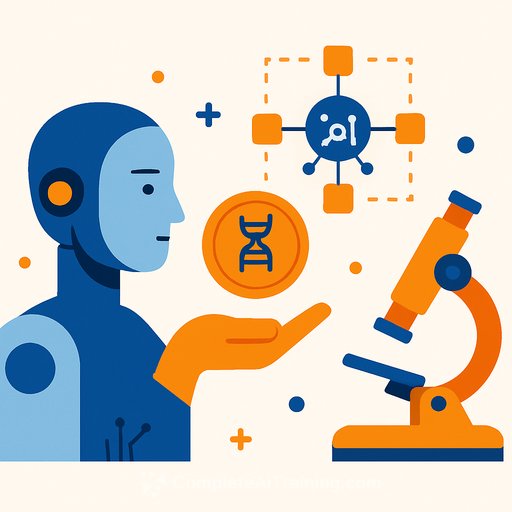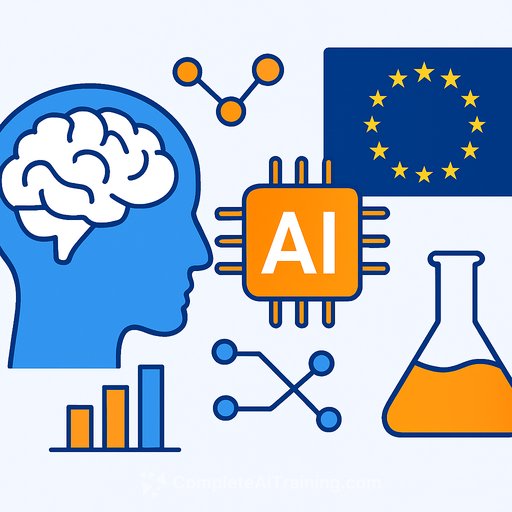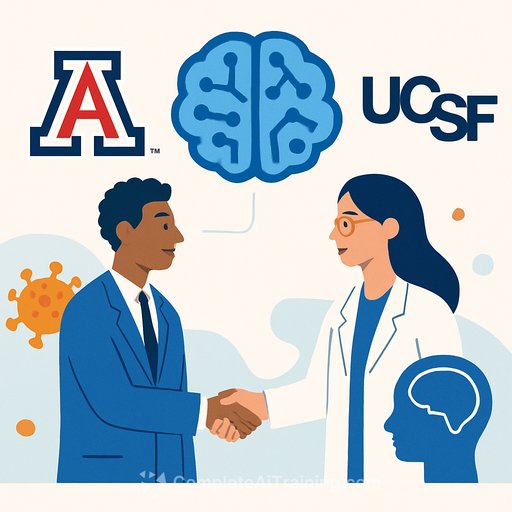Bio Protocol Launches Aubrai: The First Decentralized AI for Longevity Research
Jakarta, August 27, 2025 – Bio Protocol and VitaDAO have introduced Aubrai, an AI agent built to accelerate longevity science through decentralization and blockchain technology. This new approach tackles common financing issues in scientific research by tokenizing research outcomes and linking funding directly to experimental progress.
Aubrai’s Role in Longevity Science
Built on the Base blockchain platform, Aubrai leverages proprietary data from Aubrey de Grey’s lab to generate novel hypotheses in longevity that have commercial value. This data, previously unpublished, gives Aubrai unique insights to propose new directions for research.
By transforming research findings into tokenized assets, Aubrai provides a transparent system of credit attribution and funding allocation. Laboratories can raise capital through market mechanisms instead of relying solely on philanthropy or traditional investors. Holders of the AUBRAI token gain permanent rights to the outcomes of the research, influence funding decisions, and share in revenues from any commercialized inventions.
Practical Impact Demonstrated in Mouse Longevity Study
Aubrai contributed to the Robust Mouse Rejuvenation (RMR2) study, one of the largest longevity experiments on mice. It identified important methodology adjustments and dosing cautions that previously required weeks of manual review to uncover. This accelerated validation process shows how AI can enhance experimental efficiency.
Additionally, Aubrai facilitates the creation of intellectual property tokens that can be licensed to pharmaceutical and biotech companies, with revenue flowing back to researchers and contributors. This creates a more equitable distribution of benefits and opens new paths for funding and commercialization in longevity research.
Challenges and Outlook for Decentralized Science
Despite its promise, the decentralized science (DeSci) model faces hurdles such as regulatory scrutiny and skepticism from established pharmaceutical companies. Tokenized intellectual property presents legal challenges that require careful handling.
Still, Aubrai’s approach could demonstrate blockchain’s role beyond cryptocurrencies—serving as infrastructure to speed up scientific discovery and funding. If successful, it may offer a viable alternative to traditional research funding that often limits innovation in biomedicine.
For researchers interested in AI applications in science, exploring decentralized AI agents like Aubrai offers insight into future research models combining technology, finance, and open collaboration.
Further Learning
- Explore AI courses related to scientific research
- Discover AI tools databases for research and analysis
Disclaimer: This article is intended to inform and does not constitute financial advice. Always conduct your own research before investing in crypto assets. Trading cryptocurrencies carries significant risk and volatility.
Your membership also unlocks:






